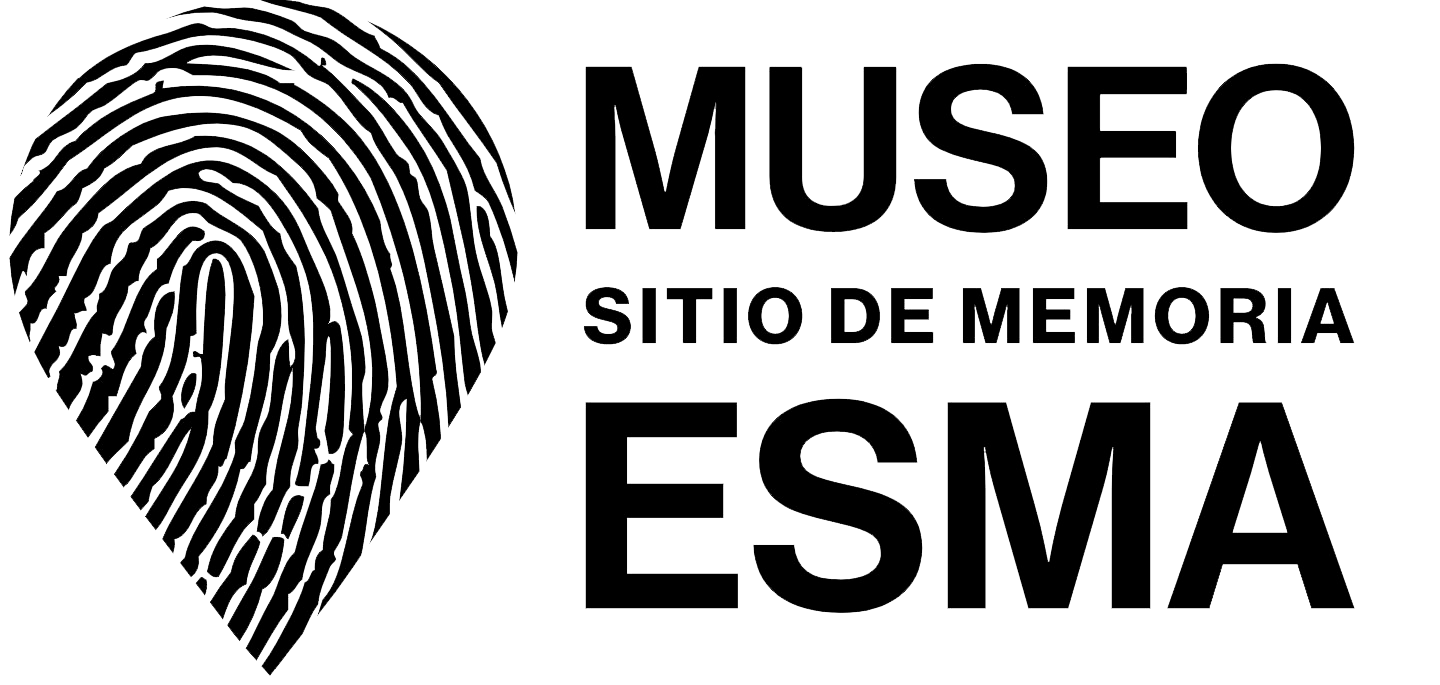Organized by the Ibermuseums Program and the Ministry of Culture the public conversation «Museums and Human Rights. Housing and Providing the Memories of the Past” was held last Tuesday, November 10, in the context of the nomination of the ESMA Museum and Site of Memory to the UNESCO World Heritage List. The goal was to exchange experiences on museum and curatorial management of violent and traumatic stories in different countries of Latin America. In addition to the Museum, cases from Ecuador, El Salvador, Spain and Uruguay were also presented.
Viviana Usubiaga, Argentina’s National Director of Heritage Management, gave the opening speech and moderated the event, suggesting to “start from the idea that a sensitive museology can help achieve justice and build memory ”. The host highlighted: “The testimonies from victims of State terrorism, massacres, crimes against humanity, and armed conflicts in recent history are privileged sources for the projection of Never Again from the specific sites to the world».
As part of the series of presentations, the first one to speak was Alejandra Naftal, Executive Director of the ESMA Museum and Site of Memory. “The challenge of these spaces is to find out how we can construct those memories of the past from the present day. In that sense, we believe museums need to distance themselves from that position of irrefutable authority and become places of debate, discussion, openness and reflection”, she stressed. Also, she suggested a strategy of finding consensus: “The only way to legitimize these spaces is by listening to the different voices of the protagonists of the debates, and interpret them”.
Elbio Ferrario, Director of the Uruguay Cultural Center and Museum of Memory, stressed how important it is for the museum script to “be written not only by specialists but also the community in its diverse, organized manifestations” and argued that “in these places, the available heritage is intangible, and it’s related to Human Rights as a territory where human dignity materializes”.
“We regard these sites as true spaces of humanization”, said in turn María Gabriela Mena Galárraga, Executive Director of the National Museum of Ecuador. “These are places where a more humane museology occurs, a museology of the soul that manages to cure and create a better society”, she stated.
In turn, Ariana Ninel Pleitez, curator of exhibitions about Memory and Human Rights at the Ministry of Culture of El Salvador, noted that “in the relation between Museums and Memory there is no unique recipe nor a single way to do things”. When describing her country’s experience, she pointed out that “the important thing is to tap on meaning rather than artifacts” and that “people’s access to the site is essential, so they can own the place”.
As a closure, Montserrat Iniesta González, director of the Born Center of Culture and Memory of Spain, provided details of the work being made by the institution, which she described as “a place to connect those who do not share the same memorial cultures”, and “an urban space turned into a factory for the construction of present memories».



